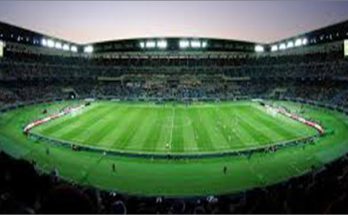 In their search for lower-cost production, European automakers are looking to North Africa, a wide region where relatively stable countries sit alongside those confront with political instability.
In their search for lower-cost production, European automakers are looking to North Africa, a wide region where relatively stable countries sit alongside those confront with political instability.
Renault, which builds about 400,000 cars annually at two factories in Morocco, has long been the production leader in North Africa. In recent years PSA Group and Volkswagen Group have initiated production in the region.
Meanwhile, Daimler last year marked a memorandum of understanding to restart production of Mercedes-Benz cars in Egypt after a four-year halt.
On the sales side, analysts expect the region to substantially outperform the global market in the next few years, although volumes remain small in North Africa’s main countries of Algeria, Egypt, Morocco and Tunisia.
PSA in particular has focused on crucial part of its production in North Africa. A small factory in Tunisia assembles pickups for the African market, and the automaker has plans for a factory in Algeria with a capacity of 50,000 vehicles. It is in Morocco, however, where PSA is growing most rapidly, centered on its new 557 million-euro ($617 million) factory in Kenitra.
In September, PSA started to build the Peugeot 208, the automaker’s best-seller, in Kenitra, greatly for export to Europe. In December, it signed an agreement to conduct some of its R&D in Morocco, and Segula Technologies, an engineering company that works relatable with PSA, is opening an automotive “center of excellence” in Agadir, which is about 260km southwest of Marrakesh.
PSA CEO Carlos Tavares had announced plans to boost annual capacity to 200,000 vehicles at Kenitra by the middle of this year, three years ahead of schedule.
By the end of 2022, PSA and Renault could have a total production capacity of about 700,000 vehicles in Morocco. If that happens Morocco would cross Poland.



